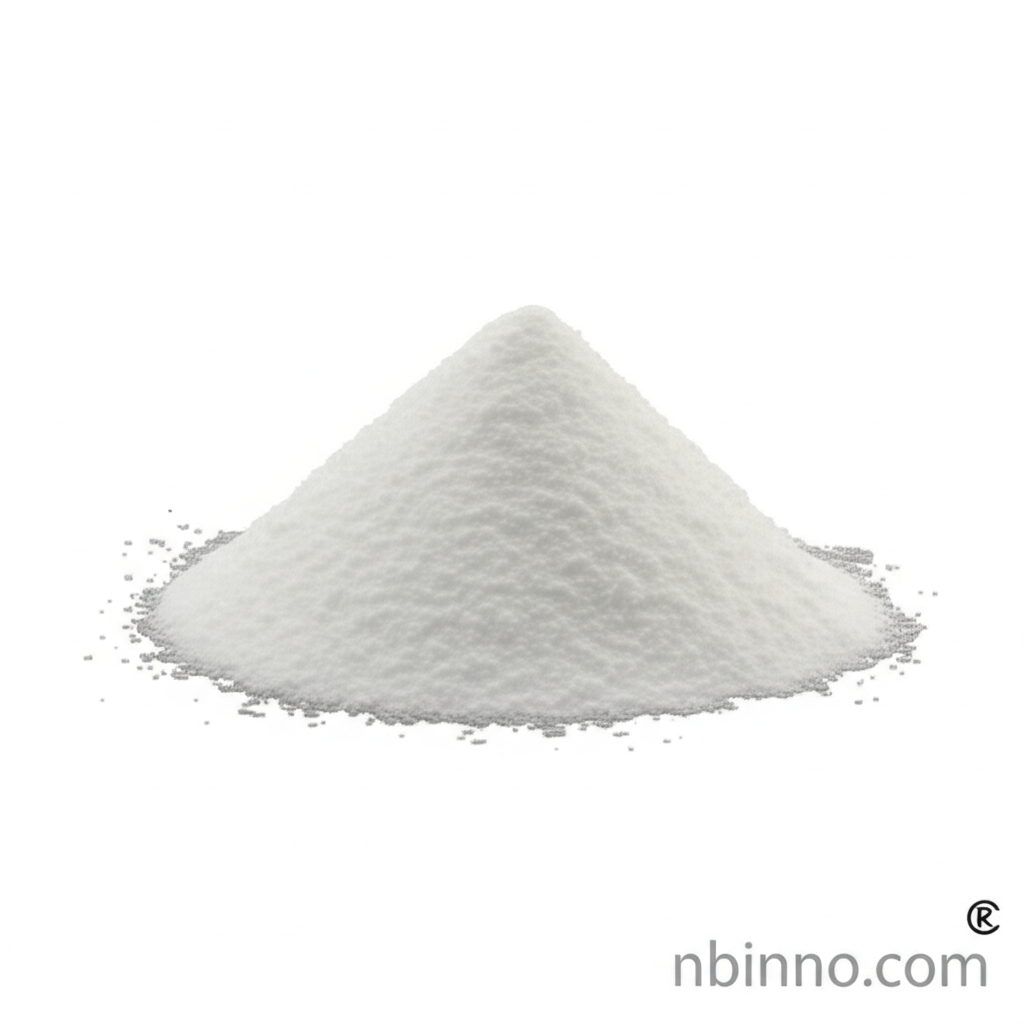Uridine 5'-Diphosphate Disodium Salt CAS 27821-45-0: Biochemical Reagent for Receptor Research
High-purity biochemical reagent for advanced receptor and cellular signaling studies.
Get a Quote & SampleProduct Core Value

Uridine 5'-Diphosphate Disodium Salt
This high-purity biochemical reagent is crucial for scientific investigations into cellular communication and signaling pathways. It is recognized for its specific interactions with key biological targets.
- Discover the utility of Uridine 5'-Diphosphate disodium salt biochemical reagent in your laboratory experiments. This compound serves as a critical tool for in-depth biological research.
- Leverage the power of a P2Y6 receptor agonist for precise cellular modulation. Understanding receptor behavior is key in developing targeted therapies.
- Investigate cellular mechanisms with a GPR105 receptor inhibitor. This property allows researchers to block specific signaling cascades.
- Explore the diverse applications of uridine diphosphate for research in biochemistry and pharmacology. Its unique properties make it a versatile reagent.
Product Advantages
High Purity & Reliability
Ensure accurate and reproducible results with our Uridine 5'-Diphosphate disodium salt, a trusted biochemical reagent for critical research.
Specific Receptor Activity
Benefit from its well-defined role as a P2Y6 receptor agonist, enabling targeted studies in cellular signaling.
Advanced Research Tool
Utilize its function as a GPR105 receptor inhibitor to dissect complex biological pathways and explore potential therapeutic targets.
Key Applications
Biochemical Research
Utilize Uridine 5'-Diphosphate disodium salt for essential biochemical research, aiding in the understanding of cellular processes and molecular interactions.
Receptor Studies
Investigate the role and function of P2Y6 and GPR105 receptors using this compound as a potent agonist and inhibitor, respectively, supporting receptor research.
Drug Discovery & Development
Explore the potential of uridine diphosphate for research in the early stages of drug discovery and development, identifying new therapeutic avenues.
Signal Transduction Analysis
Analyze complex signal transduction pathways with precision by employing this biochemical reagent, contributing to a deeper understanding of cell communication.
